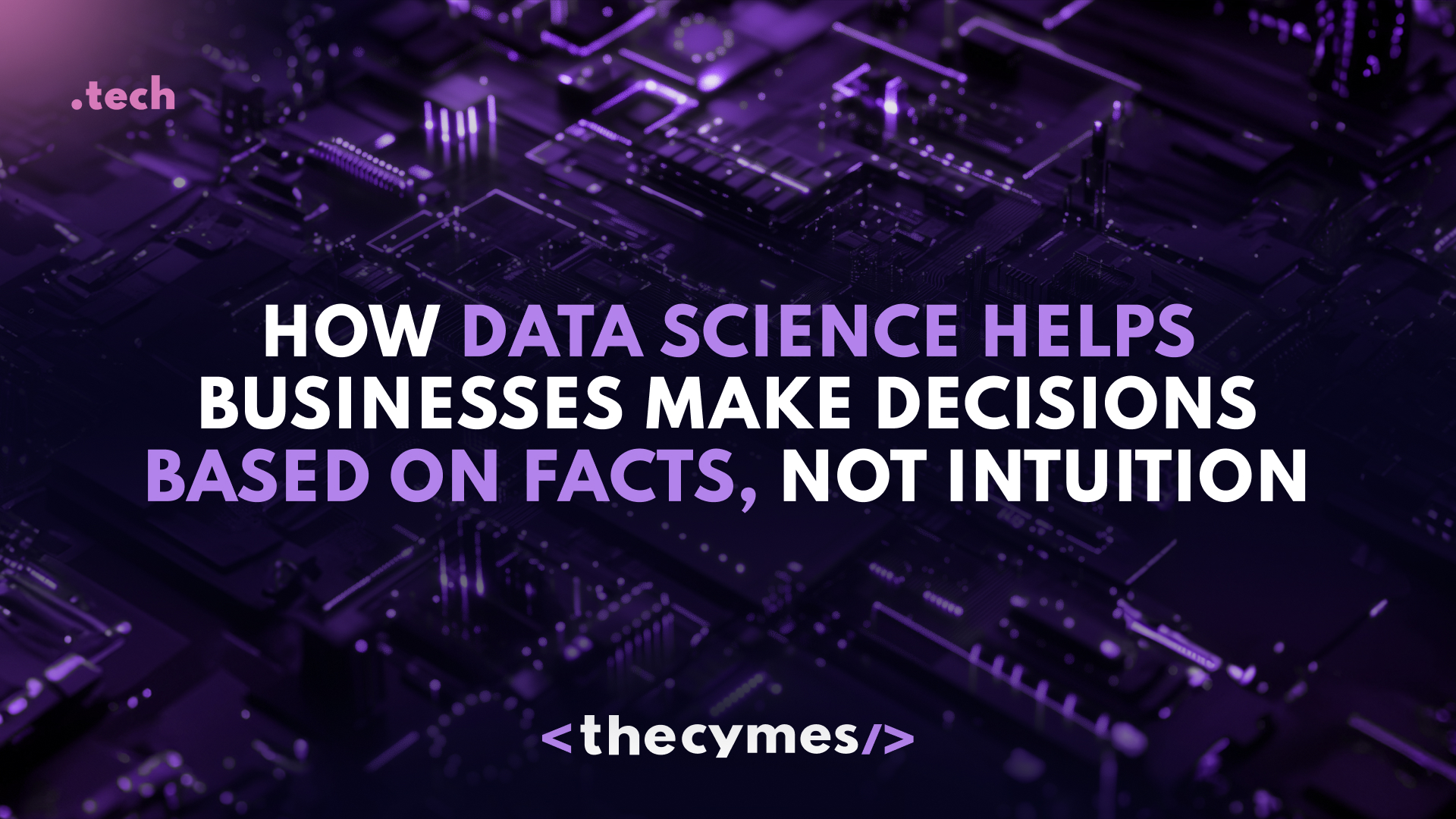.it/tech16 April 09:35
0<
How Data Science helps businesses make decisions based on facts, not intuition
/>How can data science help your business grow? Explore real examples of how companies use data to make smarter decisions, boost efficiency, and stay ahead of the competition. be updated on the latest tech newsGet exclusive news updates and overview on tech market




